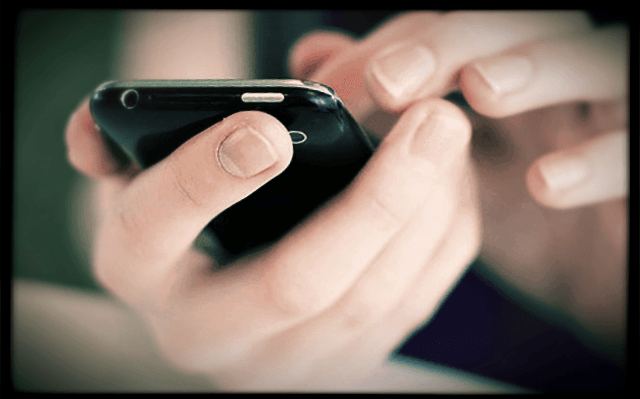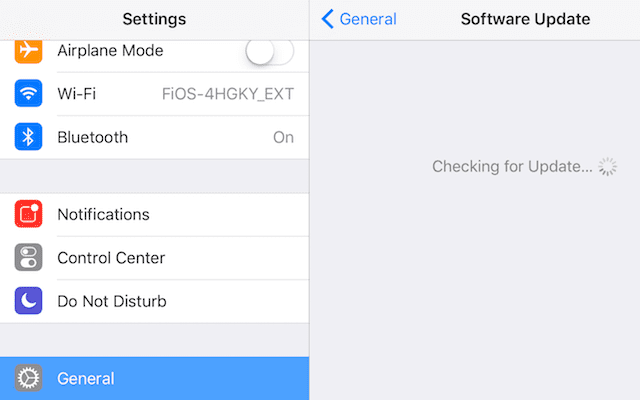Several iOS users have reported that they are unable to update, backup or restore their devices when they use iTunes. If you see an error code when using iTunes to update or restore your iPad or iPhone, there are a few things you can try to identify and fix your problem.

Related Articles
- Restore iPhone from iCloud
- Backup iPhone to an External Drive with iTunes
- iPhone DFU Restore and Recovery Mode

Contents
1. Make sure that you have the latest version of iTunes
If not, download and install the latest version of iTunes. You can check for iTunes updates:
- Windows: Choose Help > Check for Updates.
- Mac: Choose iTunes > Check for Updates.
2. Make sure that your computer’s OS is up to date
- New Macs: Mac App Store > Updates
- Older Macs: Apple Menu > Software Update and install available updates
- Windows: Start Button > type Update in the search box, and then, click Windows Update
3. Restart your computer and your iDevice
To restart your iPhone or iPad, press and hold the sleep/wake button until you see the red slider. Slide the red slider to turn your device off. Then press and hold the sleep/wake button until you see the Apple logo.
4. Make Sure your iPad/iPhone is running the latest iOS software
Check for updates by going to Settings > General > Software Update.

How to fix iPhone / iPad backup: when your issue persists
Getting error code: “This device isn’t eligible for the requested build” or “There was a problem downloading the software” Errors 1004, 1013, 1638, 3014, 3194, or 3000-3999
This message and error mean there are communications issues between your computer and iDevice. If you have a Windows computer, please see this article. If you have a Mac computer, see this article.
Error codes 2, 4, 6, 9, 1000, 1611, 9006, 9807, or 9844
What this means is that some security software and settings are preventing iTunes connecting to the Apple servers. See this article to resolve this problem.
Error codes 13, 14, 1600-1629, 1643-1650, 2000-2009, 4000, 4005, 4013, 4014, 4016, or “invalid response” “an unknown error occurred”
What this means is that there is a problem with your USB connection and the USB communication to your iOS device isn’t working. To resolve this issue, (a) use a different USB cable, (b) use another USB port on your computer (c) unplug any extra USB cables such as printer etc. Keep only the essentials; keyboard, mouse and your iPad or iPhone.
Reader Tips
- Reader Raymond figured out a method that worked for him for error 4500. He opened his device and removed battery then placed back and started up with DFU restore. For Raymond, this time restore went well and completed! Back in working condition
